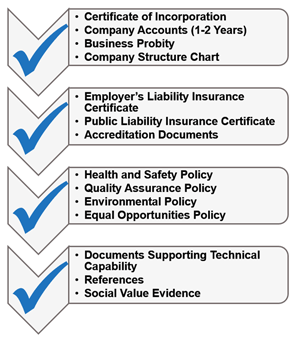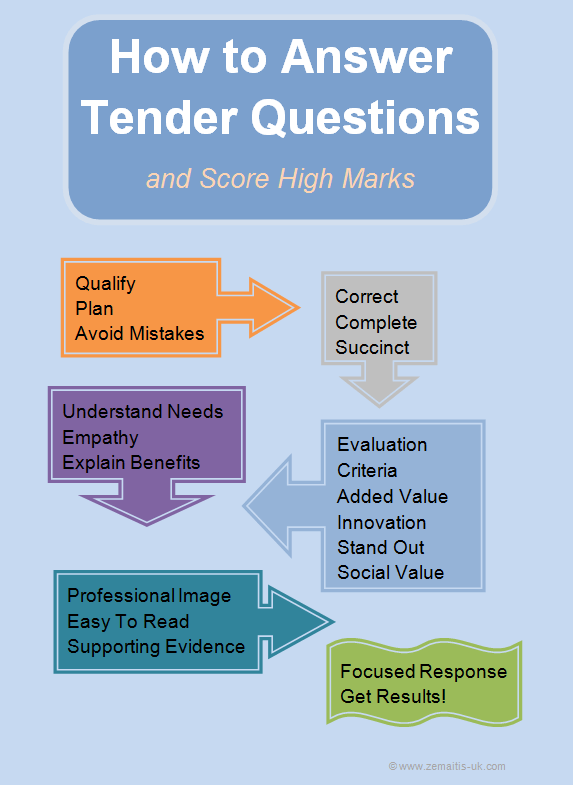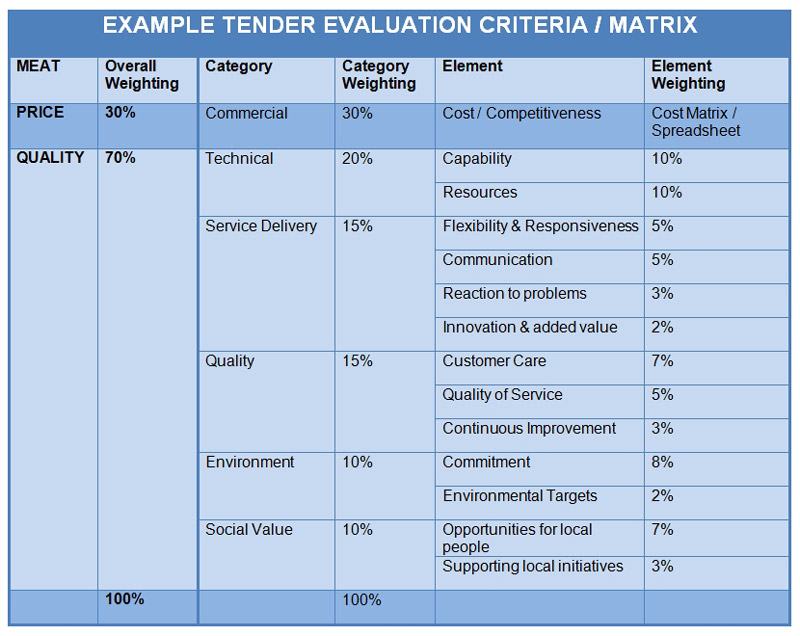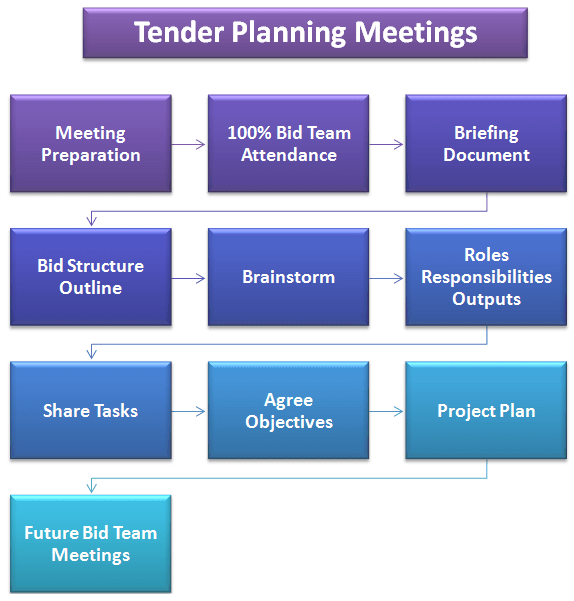Tendering Guides and Useful Information on Tenders
Dealing with tenders can be very confusing. We created a series of tendering guides to help people gain a better understanding of PQQs and tenders. These guides deal with some of the most commonly asked questions and provide lots of useful information on tenders.
All of the tendering guides have recently been updated and now have the facility for printing and PDF downloads.
How to Find Tender Opportunities

For anyone new to tendering one of the most common questions is “how do I find tenders?”. The good news is that it is easy and free to search for public sector contracts.
This guide explains how to use TED, Contracts Finder and other web-portals to search for high and low value contracts. They include Government, councils, housing associations, NHS and other public funded authorities.
www.zemaitis-uk.com/finding-tenders-free/
Get Ready to Tender Check-list

The next most commonly asked question for companies looking to try and win tender contracts is “what do I need to do to start tendering?”.
This is why we created the fit to tender check-list:
1. What information you need to have in place
2. What documents you need
3. Other key issues like qualifying tenders – being realistic about success rates
www.zemaitis-uk.com/fit-to-tender-checklist/
…Tendering Guides and Useful Information on TendersRead More »
Tendering Guides and Useful Information on Tenders Read More »




